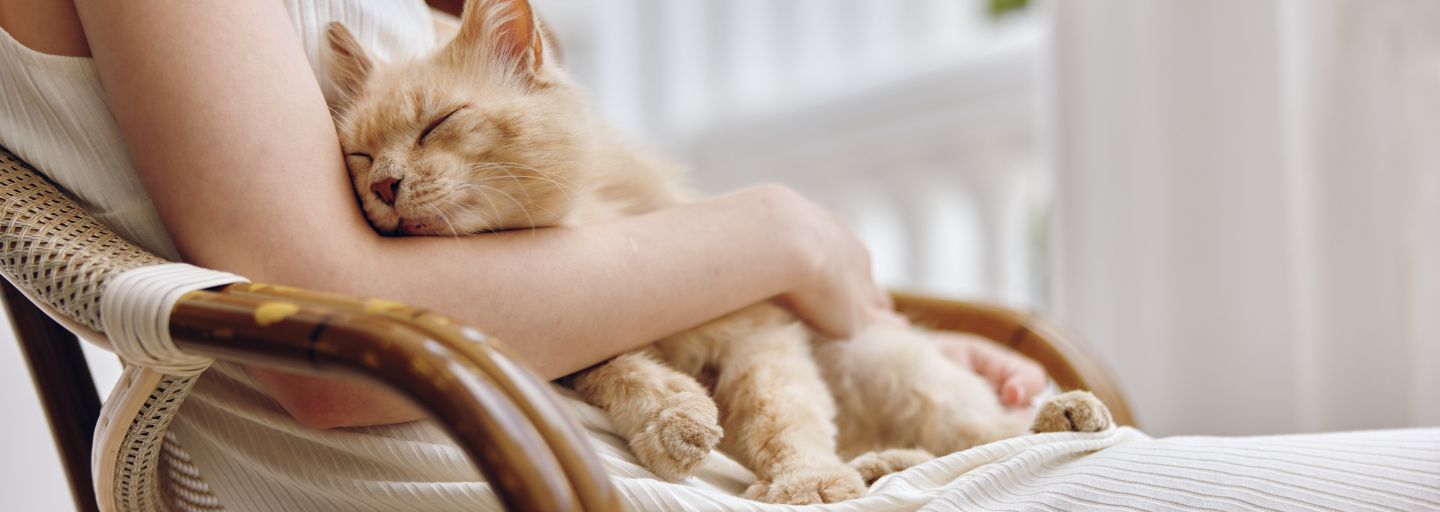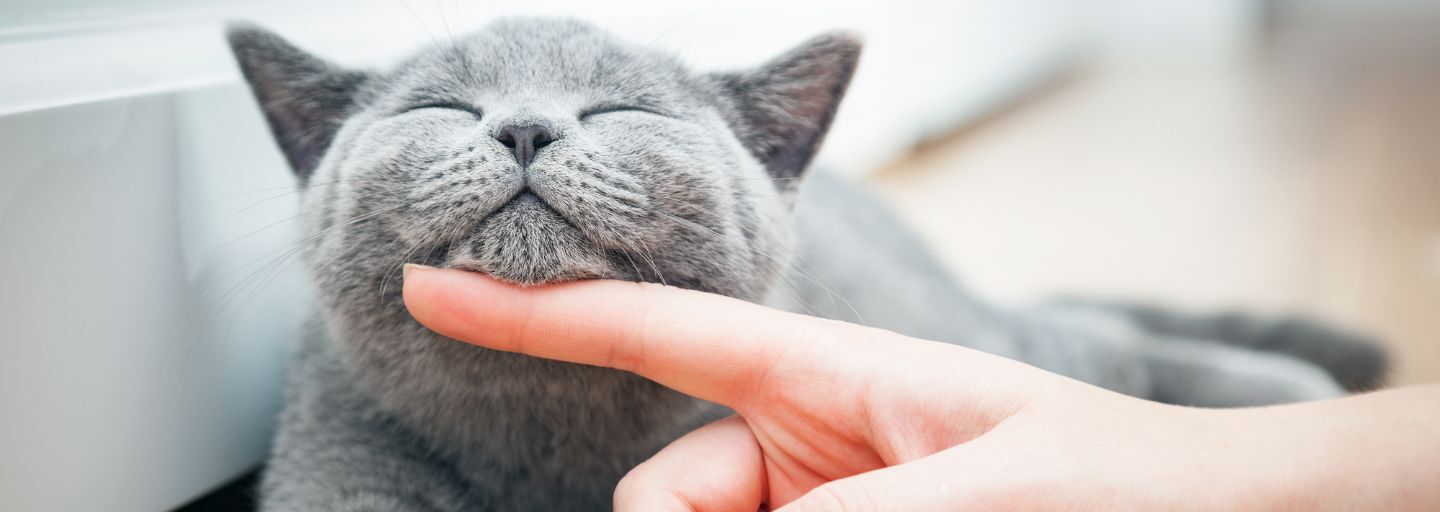The decision to de-sex is one of the most significant aspects of pet care an owner can provide. De-sexing is a surgical procedure performed by a registered veterinarian to sterilize male and female cats. After this procedure is performed, the animal will no longer have a season or fall pregnant. This is permanent and the procedure cannot be reversed. De-sexing is ideally performed while the cat is still a kitten, and if female, prior to their first heat cycle.
When a female cat is de-sexed, it is referred to as spaying and involves the removal of the uterus and ovaries. Despite being considered a routine surgery for veterinarians, it is a major surgery and usually requires hospitalization.
De-sexing of a male cat is referred to as castration. It is a short operation that involves the surgical removal of the testes. Most patients are treated as day patients and discharged from the hospital on the same day.
The advantages of spaying female cats:
Cats are prolific breeders. Kittens start their reproductive life cycle as young as 5 months of age, and average 2-3 seasons a year, with 2-5 kittens per litter. In five years, she could have over 200,000 descendants!
When a female is on heat, she will vocalize loudly and frequently to draw male cats, and she may mark her territory in the house with urine. During this time, she is often more affectionate, rubbing, arching her back, and holding her tail to one side. If she fails to breed or ovulate, this behavior change and calling will continue. De-sexing eliminates the noisy heat cycles, keeps the stray tomcats away, and avoids fighting.
Spaying the cat before her first cycle is proven to reduce the risk of mammary tumors and reduce the risk of infections in the uterus. De-sexing avoids unwanted kittens, reduces the number of strays, and dumping of unwanted cats.
The advantages of neutering male cats:
Castrating a male is equally as important as spaying a female to prevent unwanted pregnancies. Neutering reduces the aggressive impulses of males. Unneutered males tend to mark their territory with urine, roam long distances looking for females in season, and are more likely to be injured from fighting other tomcats.
Fighting males are much more likely to spread diseases to other cats, and they are also likely to suffer from fight injuries such as abscesses. Cats that roam will wander from home, may not return, and are at a greater risk of getting hit by cars. Male cats are less aggressive after being de-sexed and less likely to spray pungent urine in the house.
Weight gain:
Some people are reluctant to de-sex their kittens because they think it causes weight gain. Neutering does not directly cause cats to gain weight and will not normally affect their activity levels. Surgical sterilization can lead to weight gain because of the decrease in the animal’s metabolism as well as a change in hormone levels. A reduction in estrogen has been associated with increased appetite and higher fat levels. Feeding light diets or diets specifically designed for sterilized and neutered cats will help reduce calories and minimize weight gain.
Before and after the operation:
Your vet can help with your decision to de-sex your cat and will be able to guide you and show you how to prepare your pet for the surgery, for example, how long to withhold food before the procedure.
After the operation, when your kitten has been discharged from the hospital, you will need to confine them to the house for a few days to allow the incision to heal. Keep your cat quiet and prevent any physical activity such as jumping or play fighting that may cause the wound to break down. Often, vets will provide you with an Elizabethan ‘E’ collar to prevent them from licking or biting at the stitches. Excessive activity can lead to swelling or fluid accumulation under the incision.
Your vet will discuss post-operative care including pain relief, and a check-up should be made 7-10 days after the operation to monitor their recovery.
Complications:
Complications are not common but can include the pet pulling the sutures out, swelling and inflammation around the incision, and pain. Spaying is considered a major surgery as the abdomen is opened and has a higher risk of hemorrhage than the male castrates. All animals are anesthetized for the procedure, and this has its own inherent risks. All of which your local vet can discuss with you.







